
This article is part of an exciting series we launched in 2018 called Today’s Wonder Women – designed to celebrate the inspiring, impactful, empowering and extraordinary things ordinary women are doing every day. Over the coming months we will be sharing interviews, essays, articles and guest posts about women who are creating change. If you have a story to share and want to add your voice to the Today’s Wonder Women conversation, get in touch by emailing info@girltalkhq.com.
Haben Girma is a true Wonder Woman. Her life story and the work she is doing today around disability rights and advocacy are so important. Although we have many laws in place that ensure protections and rights for the disabled community, there are still many ways that can be improved upon. Added to this is the need for greater representation in pop culture and society when it comes to disabled people. With the lack of nuanced characters in media, film and TV on a wide-scale basis, we can clearly see the need for more education. This is where Haben comes in. She points out a number of great examples today in the media that show how disabled characters don’t have to be assigned a “single” story based only on their disability.
She uses the example of actress Treshelle Edmond in Netflix’s ‘Master of None’, a hilarious scene where a fictional couple, who both happen to be deaf, are having an argument in a public library about their sex life, using quite explicit references. After a few minutes, a nearby mother who also happens to be deaf uses sign language to chastise them for using such explicit terms in front of her young daughter who understands perfectly what they are communicating about.
Haben also mentions the Tony Award-winning Broadway show ‘Children Of A Lesser God’ which stars deaf actress Lauren Ridloff from ‘The Walking Dead’ Season 9. In the AMC series, her disability isn’t necessarily her character’s central theme, and neither does it hold her back from fighting the zombies on the frontline when she needs to. These examples are what we need to see more of in order to help allies and those who aren’t disabled understand the nuances and lives of people within the disabled community, which Haben is working to bring more attention to.
A trailblazer in her own right, in 2013 Haben became the first deafblind student to graduate from Harvard Law School and today as a civil rights attorney and activist has helped the forward momentum in the fight for greater and more robust disability rights. Born and raised in Oakland before first setting off for college in Portland, Haben has family roots in Eritrea, a country which her mother escaped from into Sudan as a refugee to flee political strife. Haben’s mother was determined to give her daughter a life of success in America where she could have the chance to thrive.
During her school and college years Haben realized the importance of special education materials for disabled students that can be the difference between an equal education, and one that potentially holds them back. Haben learned to speak up for herself and learned the power of advocacy for change. Although she never had any grand plans to be an activist of sorts, eventually her path would lead her to her calling.

As a practicing lawyer, Haben most notably won a very important case representing the National Federation for the Blind against digital library company Scribd, a case which outlines why disability inclusion and advocacy impacts so many areas of society including technology, media, and education.
Today Haben is an in-demand advocate, being asked to speak at various events, conferences and with different organizations both in the United States and around the world. We had the chance to chat with her one-on-one for our Today’s Wonder Women series and learn more about her passion for disability rights advocacy and increased representation in media.
You are the first deaf-blind student to graduate from Harvard Law School, which makes you a pioneer. Do you feel a responsibility to ensure there are more educational opportunities for students with disabilities?
I want to use my skills and talents to increase opportunities for students with disabilities. Advocacy is a choice. I’m choosing to serve as an advocate. People with disabilities should have the choice whether to use their time to advocate for disability access, gender equality, protect our planet, and other missions.
You are a civil rights attorney advocating for disability rights and raising awareness about the need for better accessibility. Was law and advocacy something you had always dreamed of pursuing?
Not at all. I didn’t know what I wanted to major in when I started college. The decision to go to law school occurred near the end of my time at college.

Growing up in Oakland California, you have spoken about how supportive teachers and classmates, as well as materials that helped you learn, made a big impact on your path to college. Would you say every child with disabilities has the same time of accessibility in school in the US?
The access I experienced went above and beyond what most students with disabilities experience. I wish more schools provided access for students with disabilities. Improving education access requires schools to invest in access. The local and federal government needs to provide schools with more funding to support access, and schools need to use the funding to increase opportunities for students. The culture needs to change, too. Teachers and school administrators need to treat disabled students as students worth teaching.
As a lawyer you won a very important case for disability rights: National Federation of the Blind vs Scribd, which brought up larger conversations about the need for more technology companies to innovate in a more inclusive way. How would you talk about this being a civil rights issue and why it is so important today?
The Americans with Disabilities Act is a civil rights law that prohibits discrimination against people with disabilities. Scribd originally pushed back, but it reached a settlement agreement with the NFB after the court ruled in our favor on the motion to dismiss. Tech companies need to make accessibility a priority.

Among your advocacy work is your passion to ensure media representation of disabled people is more inclusive and less cliched. How does the media play a larger role in how people view the disabled community and how they are treated?
When films and shows have “disabled” characters, they are usually nondisabled actors pretending to be disabled. Casting directors should recognize talented disabled actors. We are not one-dimensional beings. We are multi-dimensional, part of many communities, and living with numerous talents and interests. Stories should reflect that.
For those who are still unsure of the right terms to use or are afraid of saying the wrong thing, what would you tell them about using the word “disabled”?
If you’re not sure about something, ask. It’s always better to ask than make an assumption.
How do you think social media and the blogosphere has enabled more people within the disabled community to share their stories and concerns with a wider audience?
Accessible social media platforms amplify voices we rarely hear. There are still aspects of social media that are not accessible, though. For example, a lot of podcasts and videos don’t have transcripts.
Many photos online do not include image descriptions. Add image descriptions when posting images online so that blind individuals can access the content of the photos. If people want to add a hidden image description they can now do that, but most people still don’t write image descriptions.

Recently, a young mother in NYC died after falling down subway steps with her baby in a stroller. While she was not disabled, there was a lot of online discussion about the lack of accessibility in public transport. What are your thoughts on how companies can do better?
Accessibility features benefit everyone. Ramps and elevators help nondisabled people, too.
What are some good disability rights organizations that people can follow and support?
The Disability Visibility Project is a good one.
Where do you see yourself in 10 years?
In ten years I see myself pleasantly surprised. I have no desire to follow a traditional career path. My advocacy will lead me through unexpected adventures, and I look forward to the journey.
What advice would you give to allies?
You can start with my brief guide on accessibility. Also, look around your community and identify barriers. Work to remove these barriers.
Finally, what makes you a powerful woman?
Many people try to hide their challenges. My power comes from owning my challenges and working to find alternative solutions.
You can learn more about Haben Girma by visiting her website and pre-order her new self-titled book, out August 6 on Amazon and all major bookstores.












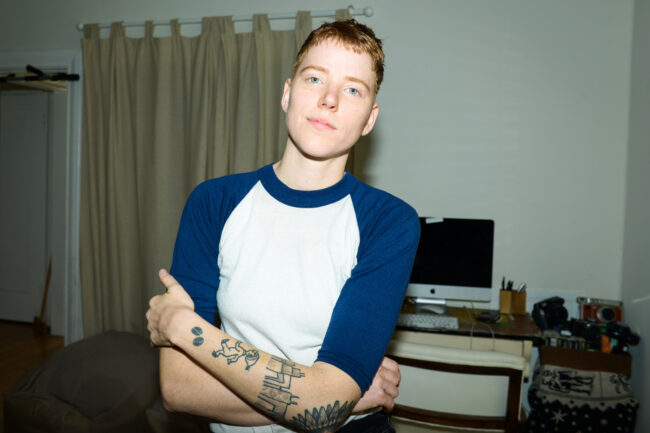
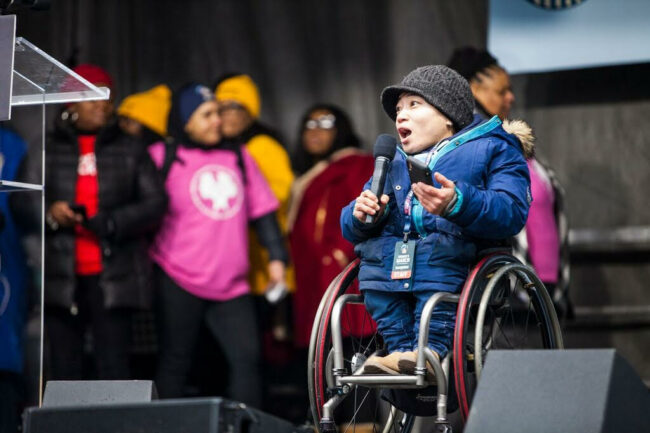

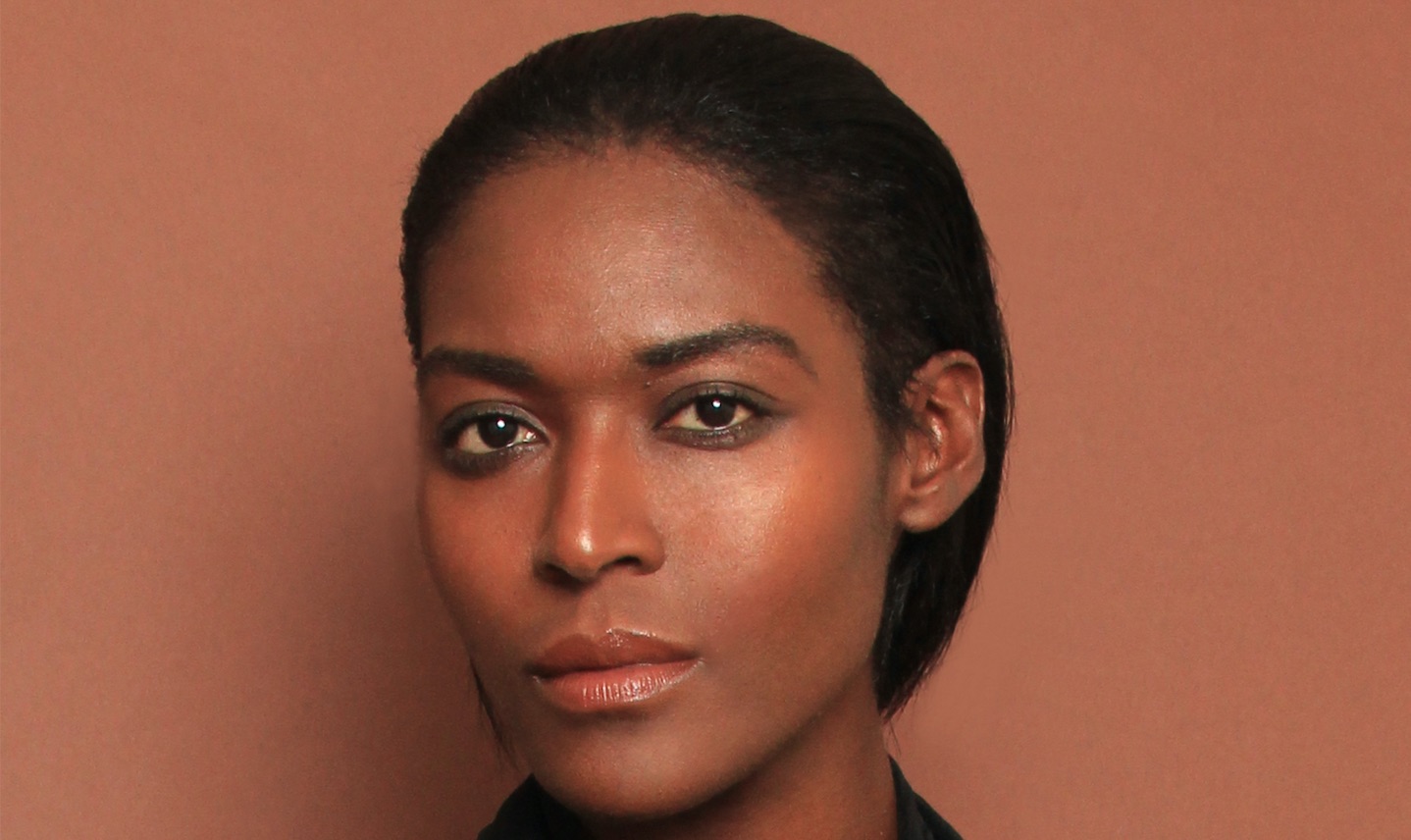
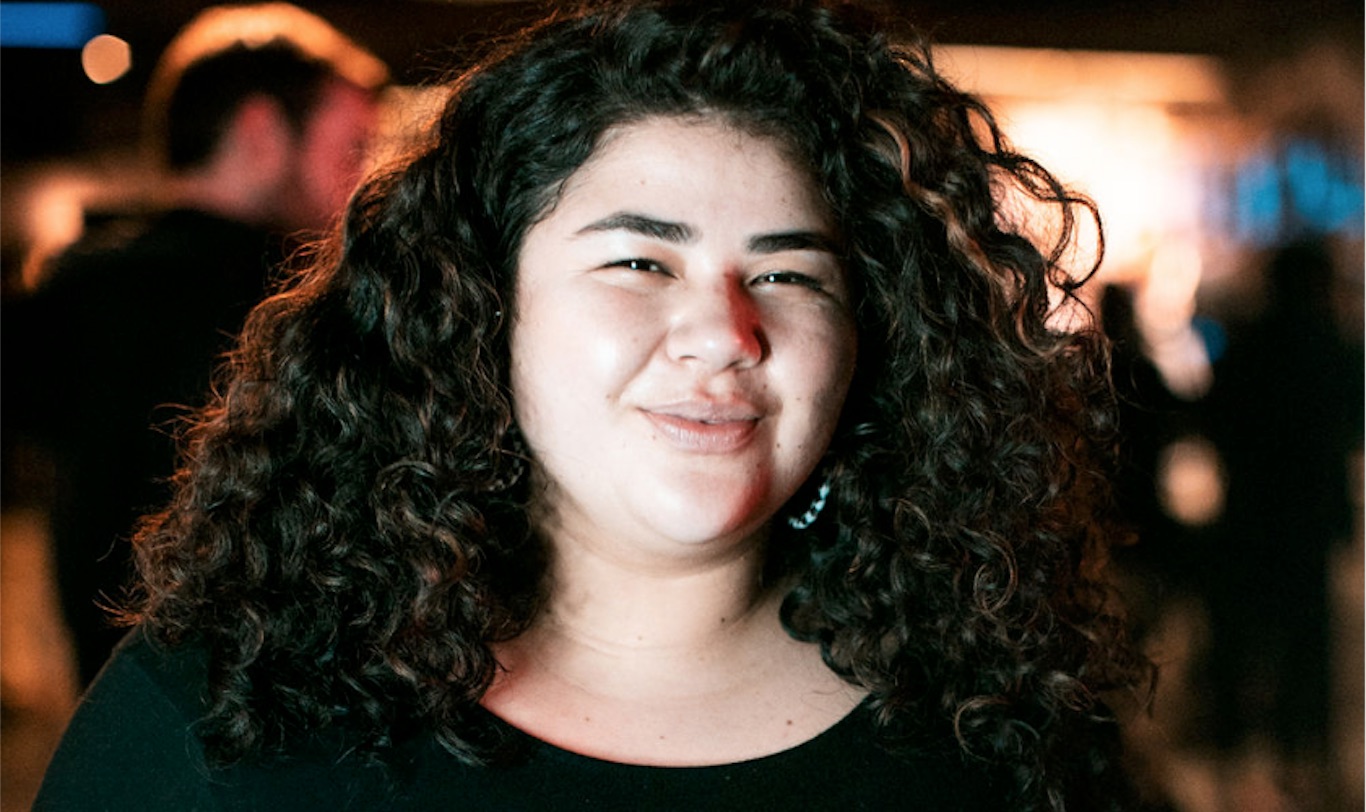
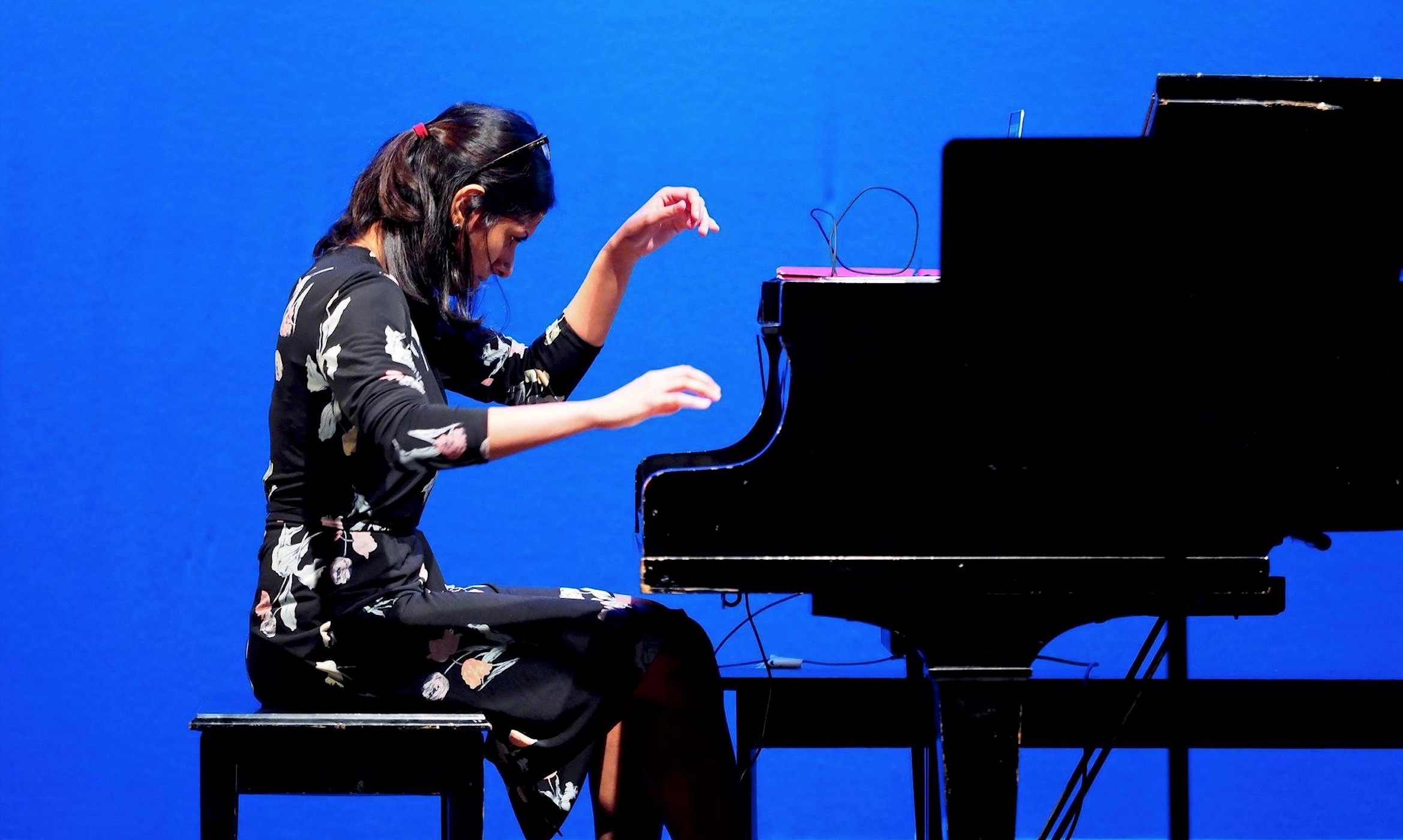
2 thoughts on “Harvard Law School’s First Deafblind Graduate Fighting For Disability Rights And Inclusion In Hollywood”